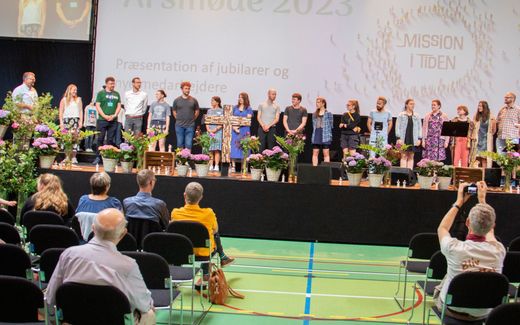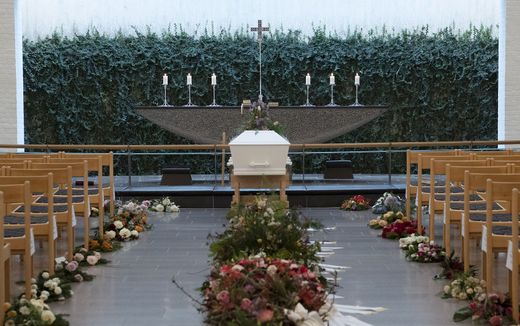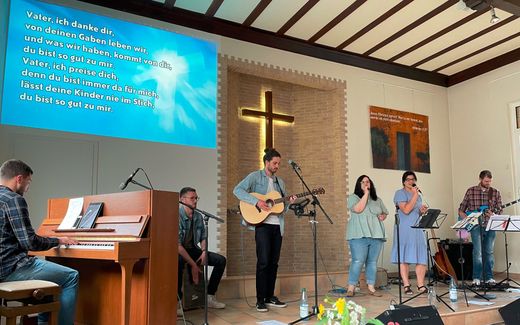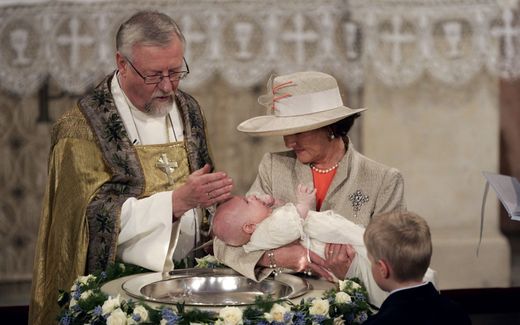Why do young people leave the Church in Denmark?
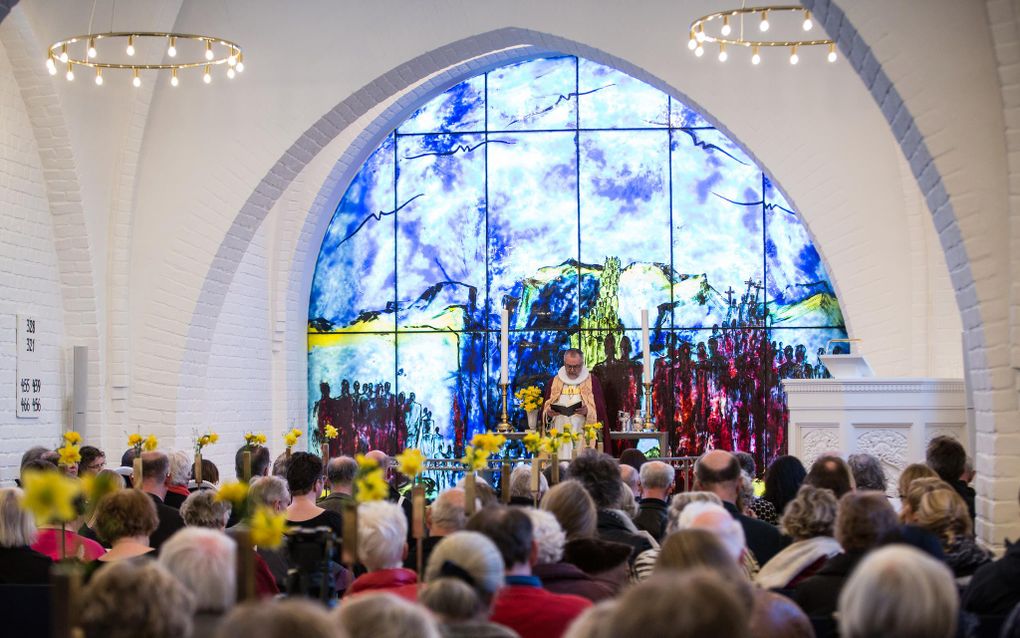
Many of the people leaving the Church are between 25 and 30 years old. Photo Facebook, folkekirken.dk
Northern Europe
Many young people do not want to belong to the Church of Denmark any longer. Many of them have prejudices against the folk church, experts believe.
Most of those who say farewell to the Church of Denmark are in their late twenties. That is shown by new figures of Danmarks Statistik. Between 2012 and 2022, 142,852 Danes chose to withdraw their membership from the state church. In total, 22,369 were between 25 and 29 years old. That makes up a share of 15.6 per cent of the total number of leavers.
Researcher Karen Marie Leth-Nissen, who works for the folk church, is not surprised by the results; she tells Kristeligt Dagblad. "That group consists probably precisely of those who are starting, or have finished education and moved away from where they grow up. They then have to find out who they are. In that process, the relationship with the folk church can be taken up for review. If you move away from the Church where you were confirmed, for example, you don't necessarily get a new relationship with the Church in the place you move to", she explains.
Values
In addition, Leth-Nissen notices that many young people care much about whether they can stand fully behind the values of the Church. "Yount people want to be a member of something they can stand on goal for, and if they don't feel that way about the foundations of the folk church, it can set off a withdrawal", she says, adding that many young people do not see themselves as religious people with a strong faith.
Also, the Church is subject to many prejudices among young people, Kristeligt Dagblad points out. Some of the young adults would rather talk to a psychologist than to a priest because they believe that you have to know the Church's creed by heart to talk to a clergyman, former youth priest Thomas Nedergaard says to the newspaper. "It is a huge hindrance to the desire to use the priest."
In addition, many people are afraid of being associated with the Church because they believe "it is a certain type of people with whom you otherwise do not identify", Nedergaard notices. The topic of faith is still a bit taboo among young people.
Invite
At the same time, the community the Church can offer is one of its large benefits for young people, Karen Marie Leth-Nissen asserts. "There is a lot of loneliness. It could be a place where the folk church could invite in – and in fact, already does. It is the opportunity to once in a while learn that you are not only all that you can and perform. In the Church, you are told that you as a person have value in yourself, even when you fail."
Hans Raun Iversen, associate professor emeritus at the Department of systematic theology at the University of Copenhagen, agrees with Leth-Nissen. "We could reach out to those who are sitting at home and have some difficult problems", he says to Kristeligt Dagblad.
In the end, young people cheat themselves if they leave the Church, the former professor believes. "We should not blame those who opt out of the Church; it does not help anyways. But we should definitely blame them for depriving their children of access to something most important: an existentially decisive orientation and cultural heritage. We need what I call preparedness. A strength of traditions to return to. That is absolutely essential."
Related Articles


